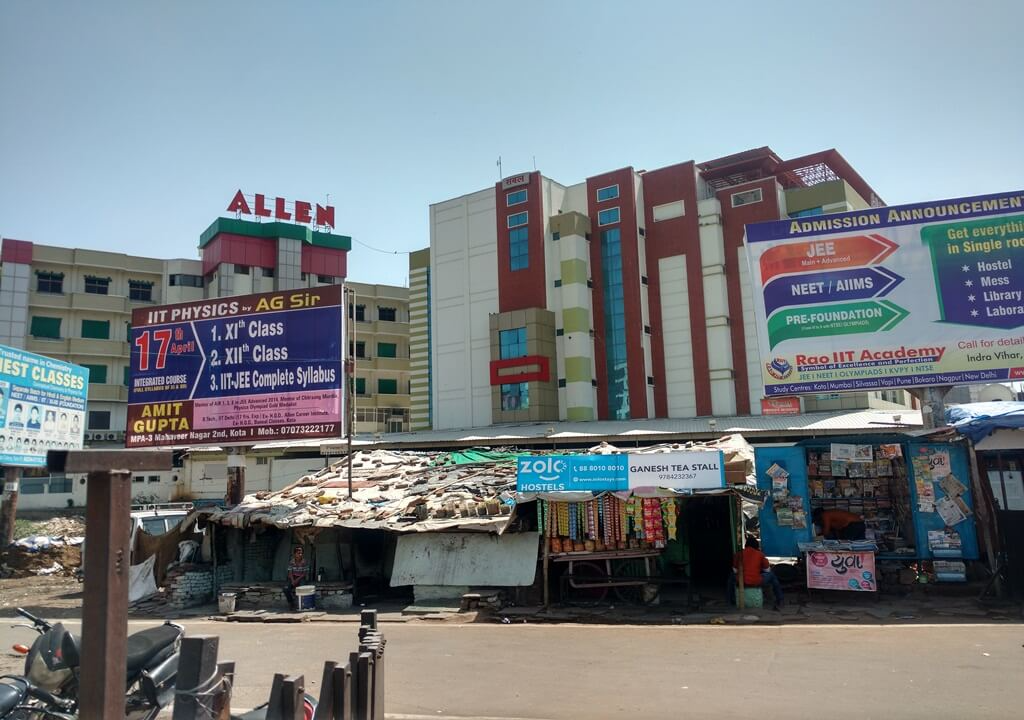
Kotanama: A Tale of Resilience in Crisis
- By Rajeev Kumar and Eureka Sarkar
- September 22, 2020
Share This Story
Manufacturing, Coaching Industry, COVID-19, Kota, Local Governance, Commodity Dependence
If we travel back in time to Kota of the '70s and '80s, we would find a thriving industrial hub with firms like JK Synthetics, Oriental Power Cables, SAMCOR Glass, and Instrumentations Limited (IL). Located on the banks of the Chambal and with accesses to thermal power generating 1240 MW, Kota fulfilled key pre-requisites of a well-endowed industrial town. With strong leadership from Chief Minister Mohan Lal Sukhadia and Industry Minister Dhariwal, Kota developed as an ideal destination for industries to flourish; Kota was famous as the Second Kanpur of India.
Over 1980 to 2010 industries in Kota saw declines and factory units closed; over 300 large and small industries faced shutdown. JK Synthetics was one of the largest to close as did 20 rice mills, 18 pulses mills, 5 soya plants and 250 stone industries. With increasing liberalization, market conditions were changing, and these units were unable to adapt to fresh competition, new technologies and changing industry standards. In the absence of any major policy initiative the city of Kota faced economic crisis as people lost jobs and its industrial sector shrank, and decayed.
The economic imperatives of a failing industrial sector forced Kota to look for options and this was the basis of Kota emerging as the go-to destination for those with coaching needs.Emerging as a giant in the coaching industry, Kota’s economy began booming in recent times Mr VK Bansal, a pioneer in the coaching industry, played an important role in taking the coaching industry in Kota to an economic entity worth almost Rs. 9000 crores in 2019. This has led to the emergence of an ancillary service sector in Kota. For example- on average, a student spends somewhere between Rs. 60,000-350,000 per annum on basic living expenses1
Today’s challenge is COVID-19 - things look grim once again for Kota. With crammed coaching centers and hostels, social distancing has not been possible for many coaching centers. While the coaching industry itself is pulling out all stops to retain the students through online classes, it is the services associated with the coaching industry that has been hit hardest. Messes are closed, so are malls and food markets that once buzzed with hundreds of students. A shut-down of many of these businesses is imminent.
The coaching industry had been facing challenges with rising rates of suicides and a new wave of competitors in the online space that provide more affordable coaching environment; often linking to better career options, the winning combination of residential learning alone is no longer the most competitive option in the coaching industry today. COVID-19 can act as a wake-up call for the city’s administration and businesses to find ways on how to reposition so that Kota’s economic activities can be de-risked. This would involve re-positioning within the coaching industry itself, as well as taking advantage of some of existing manufacturing capacities in sectors like textile, handicrafts and agro-processing units that have potential to grow in Kota. Diversification of economic activity must be a policy imperative for Kota to ensure that it avoids sharp downturns. Further, it naturally picks-up on the comparative advantages of a multi-faceted city like Kota.
Note1: The amount spent per month is calculated by referring to various online resources like 99acres, hello world, magic bricks for rent; Just Dial and primary resources for cost of food and boarding. Other expenditure like stationary and travel was calculated by talking to 5 students studying in different coaching institutes in Kota.
Reference:
-
“One Man Changes a City.” It All Adds up: the Story of V.K. Bansal, by Sachin Jha, Penguin Books India, 2011, pp. 1–2.
-
“कोटा म अरबो के घाटे म चल 76 क पनिया िही की ब द, नि फ आईएल पर जड़ा ताला.” Bhaskar.com, Dainik Bhaskar, 30 Nov. 2016, www.bhaskar.com/news/RAJ-KOT-OMC- il-company-close-news-hindi-5471508-NOR.html.
-
Sharma, Kritika, et al. “Kota Was Once a Prosperous Industrial Hub. Now It Has Just 1 Factory Left - Exam Coaching.” Theprint.in, The Print , 26 Apr. 2019, theprint.in/india/governance/kota-was-once-a-prosperous-industrial-hub-now-it-has-just-1-factory-left-exam-coaching/227653/.
-
Gupta, Neelam. “Kota’s Journey from a Dying Town to a Coaching Hub.” Governanacenow.com, Governance Now, 12 Dec. 2016, www.governancenow.com/news/regular-story/kotas-journey-a-dying-wn-a-coaching-hub
-
Shekhar, Ravi. “Industrial Town to Educational Hub : Transformation of Kota.” University Of Delhi, ResearchGate, 0AD, p. 4.
-
Kotoky, Pratyush Deep. “Once an Industrial Town, Kota Is Now a Booming Coaching Hub.” The Sunday Guardian Live, 31 Aug. 2019, 06:44 pm, www.sundayguardianlive.com/news/industrial-town-kota-now-booming-coaching-hub.
-
“Kota Is the New Kashi of Education: PM Modi: Jaipur News - Times of India.” The Times of India, 20 June 2019, 04:10, timesofindia.indiatimes.com/city/jaipur/kota-is-the-new-kashi-of-education-pm-modi/articleshow/69866139.cms.
-
Hamilton Pamela Coke-Hamilton, P. C. (2019, May 17). We must help developing countries escape commodity dependence. Retrieved August 29, 2020, from https://www.weforum.org/agenda/2019/05/why-commodity-dependence-is-bad-news-for-all-of-us/

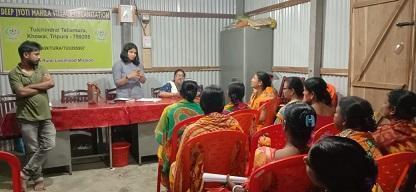
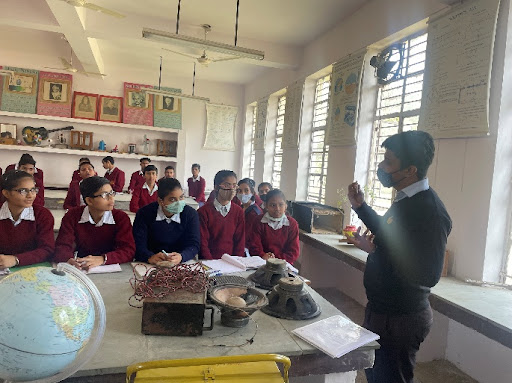
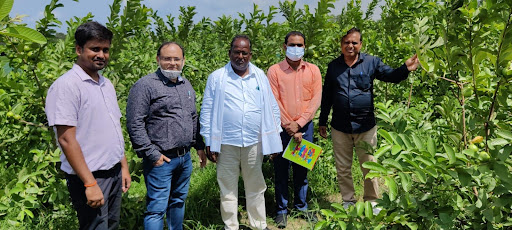
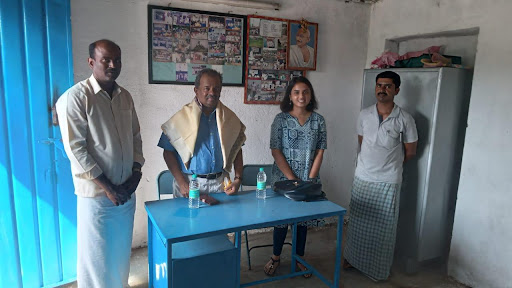
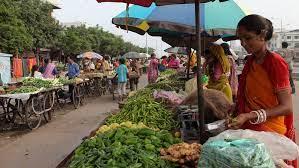
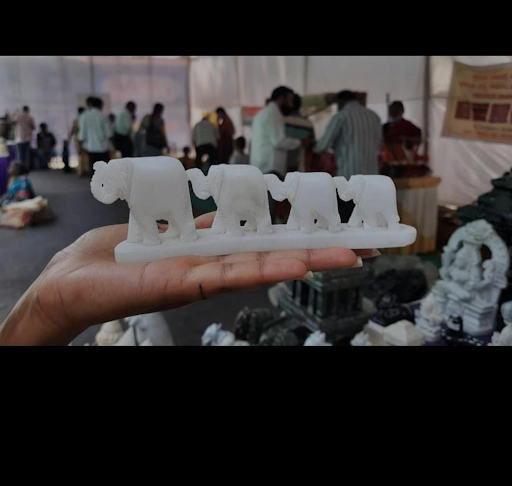
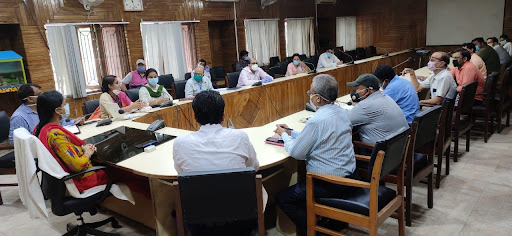
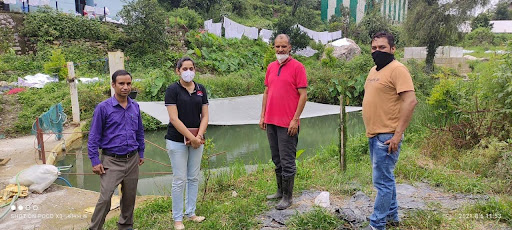
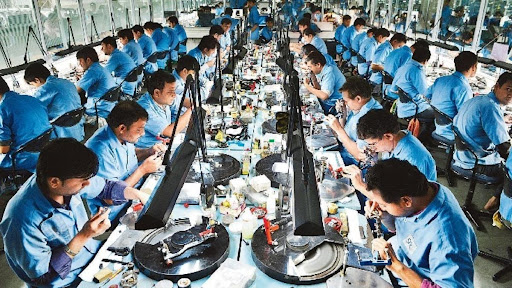

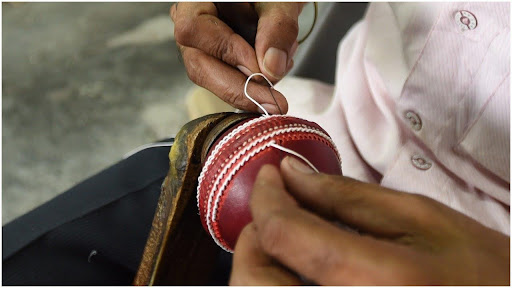
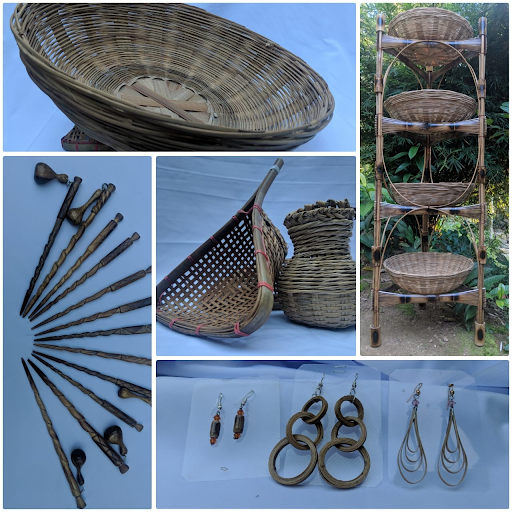
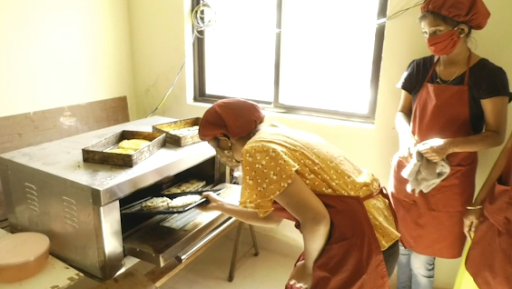
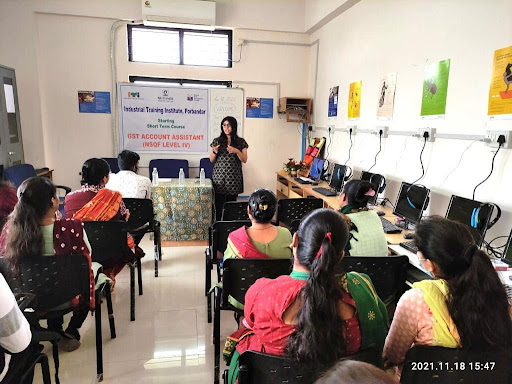
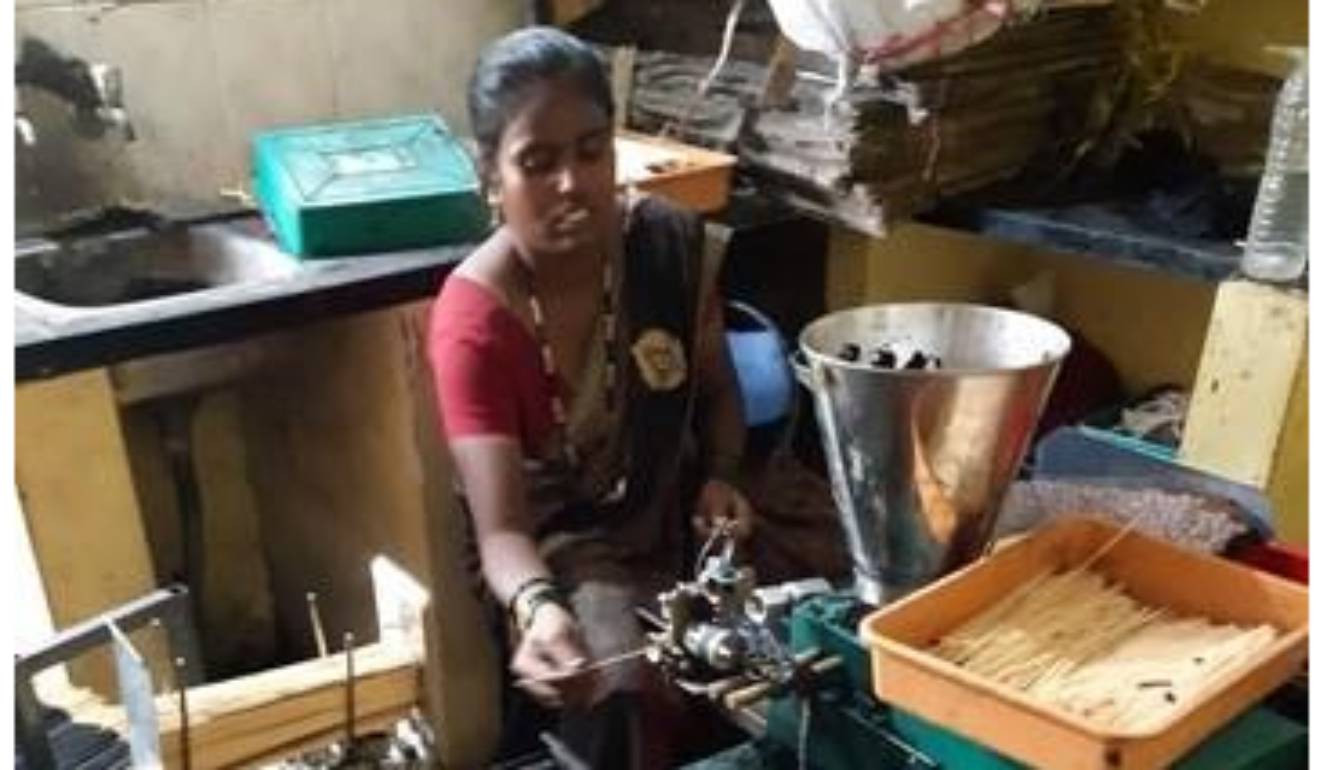

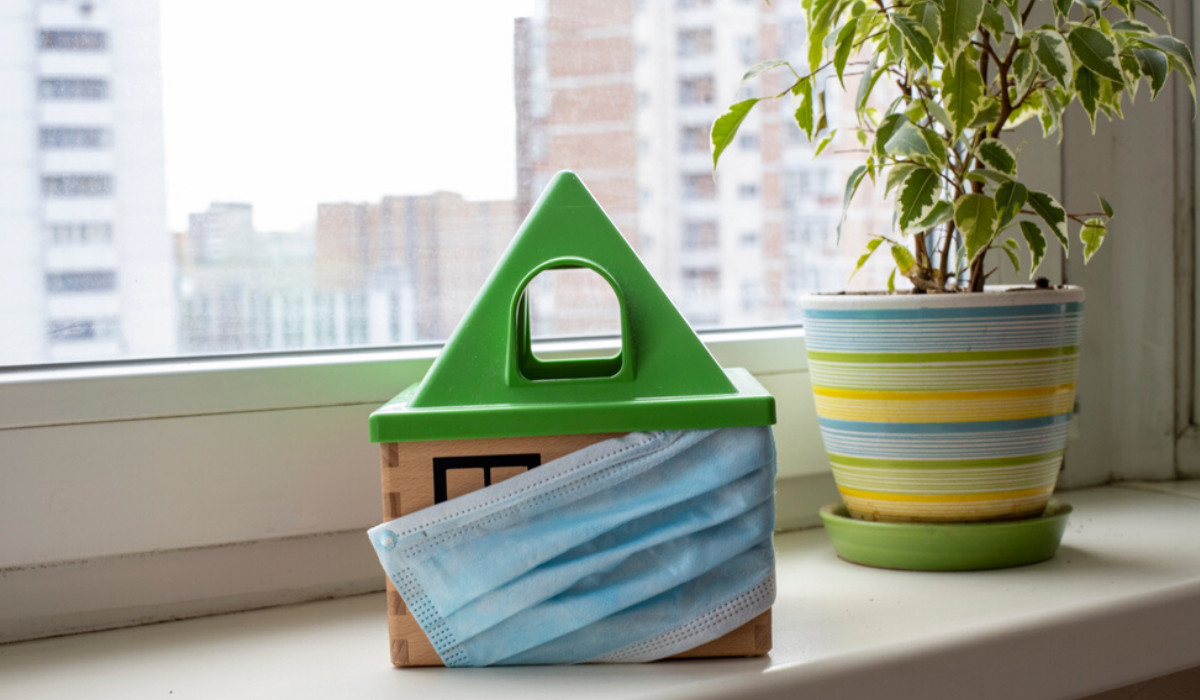

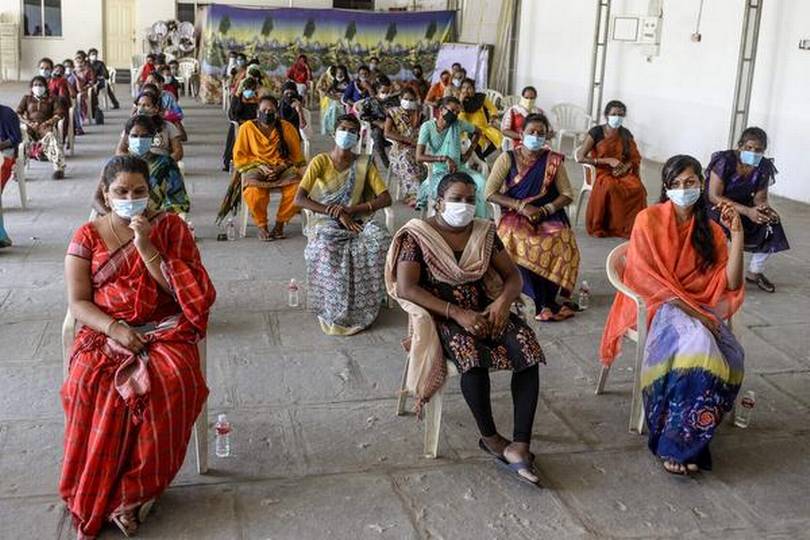
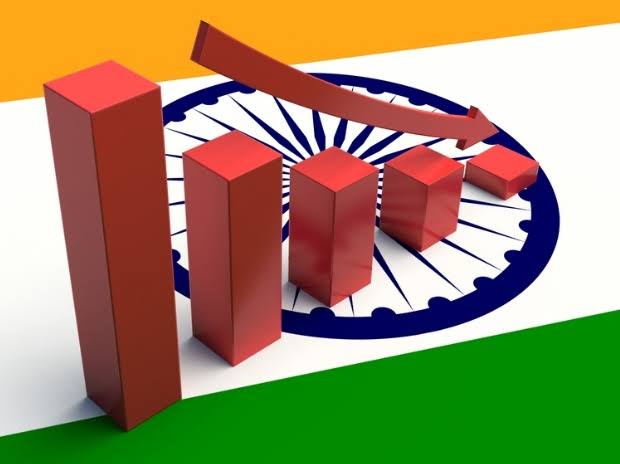
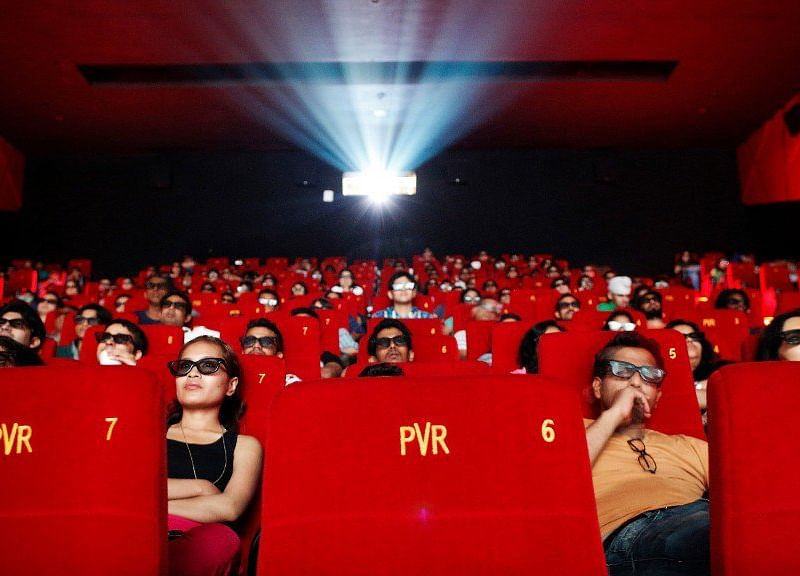






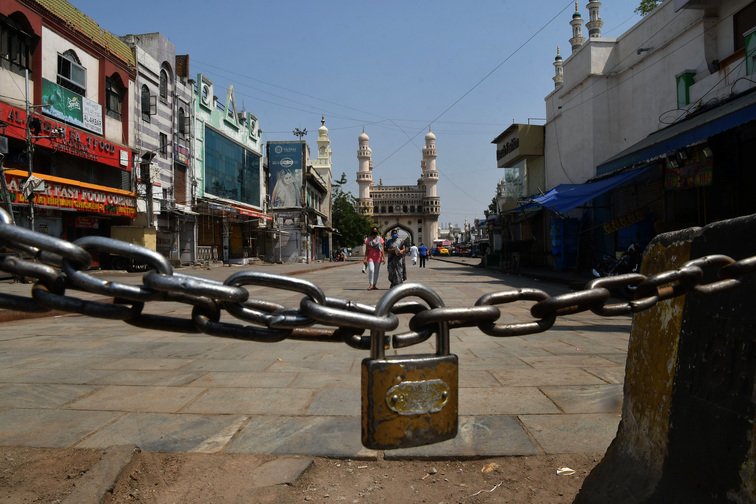
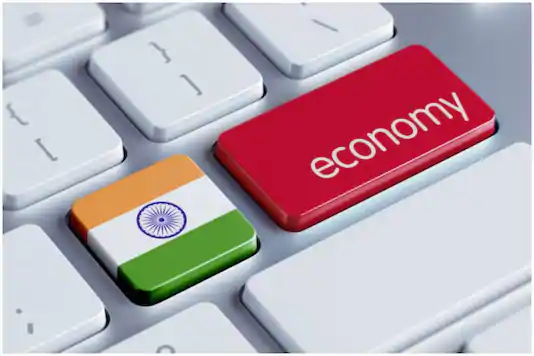
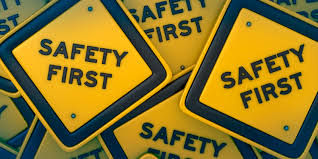

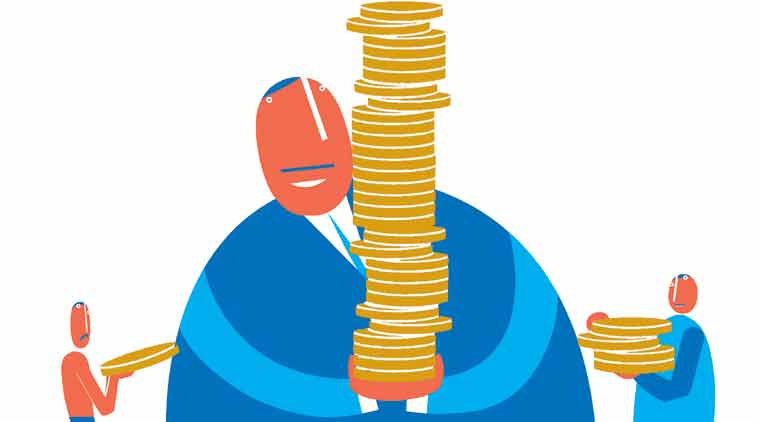
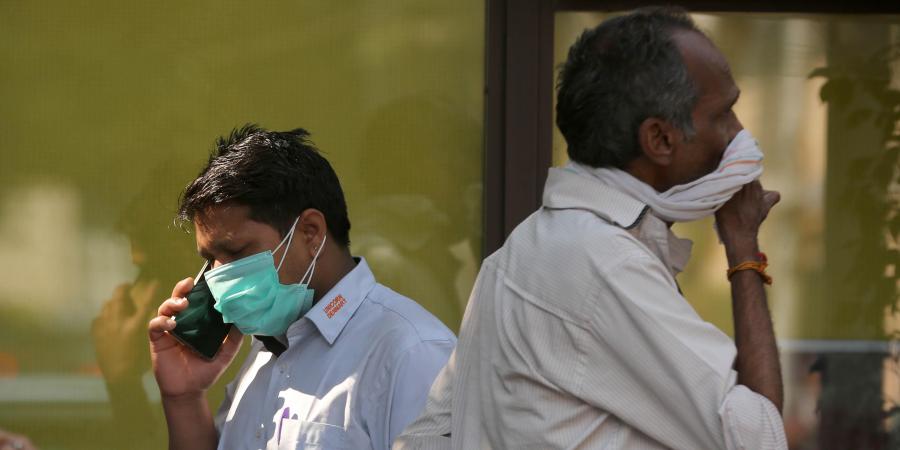
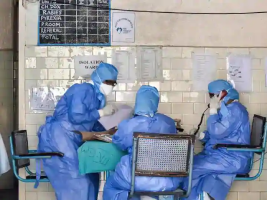
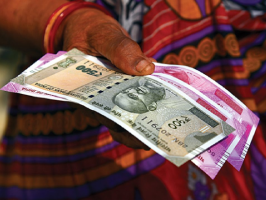
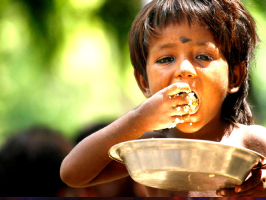
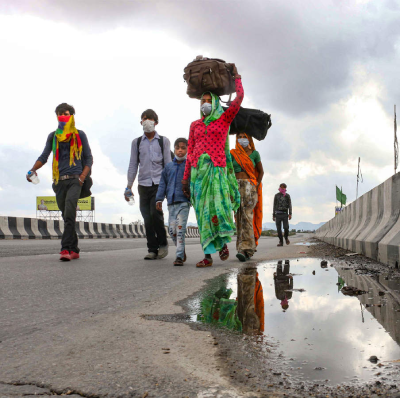
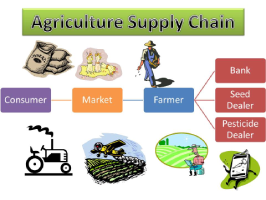
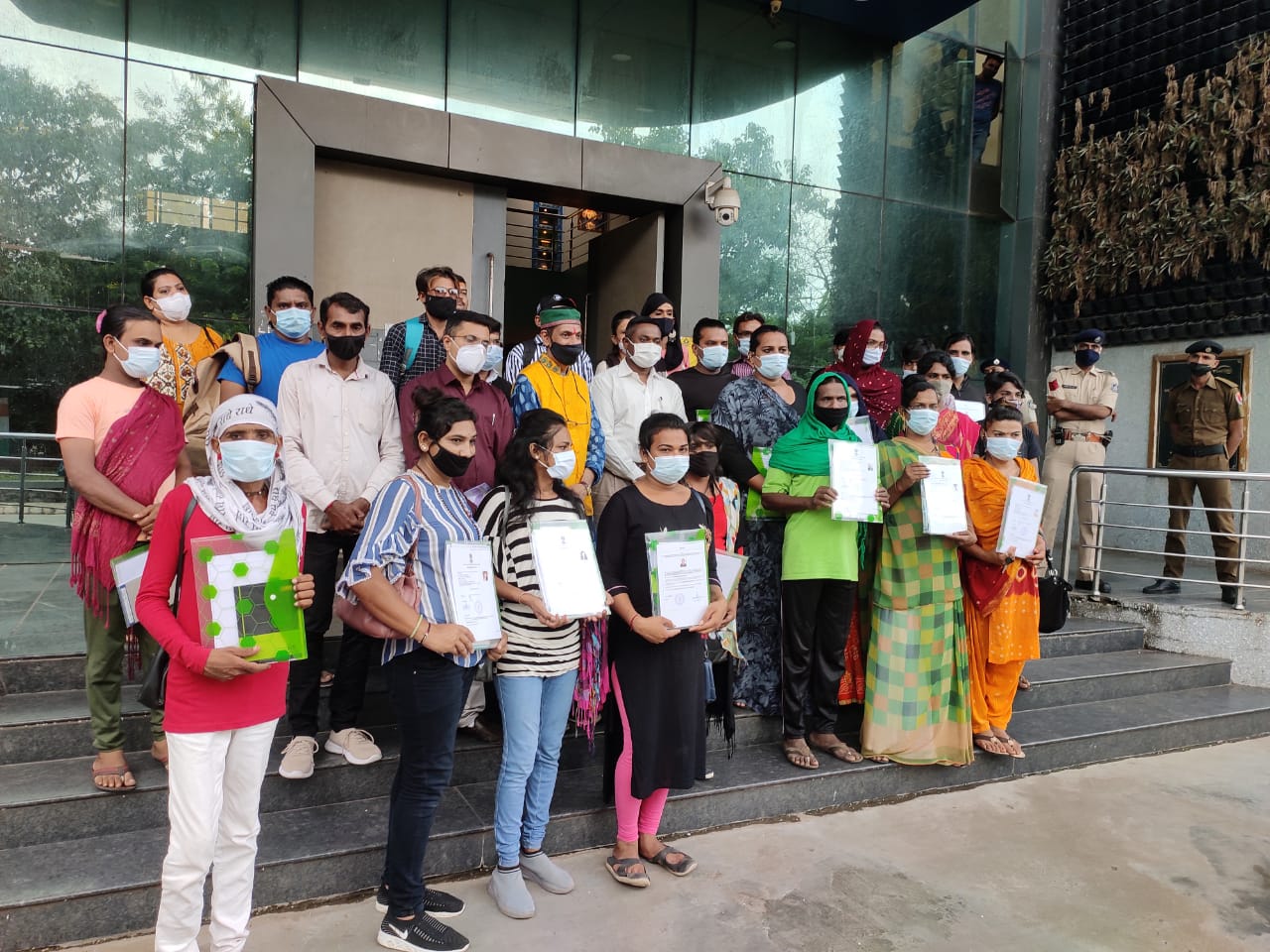
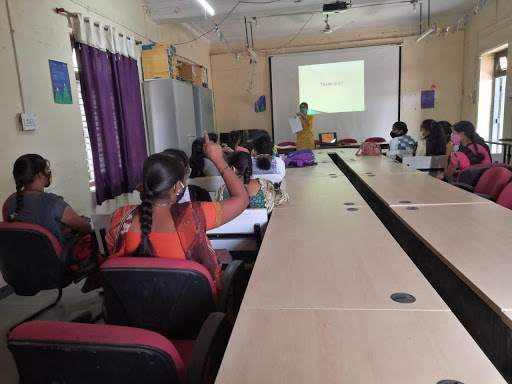
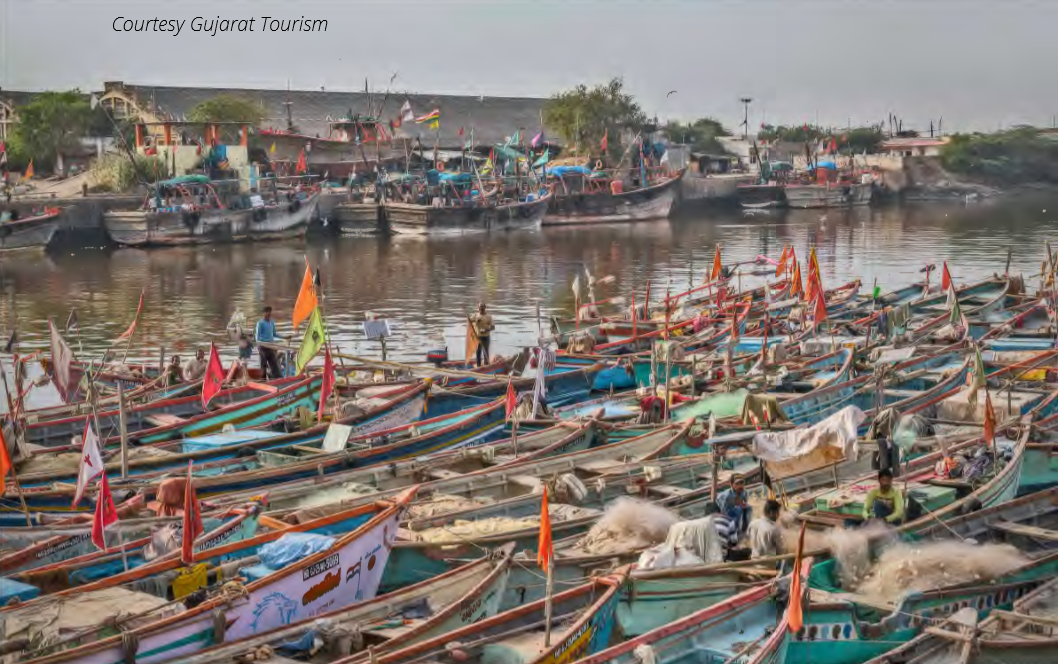

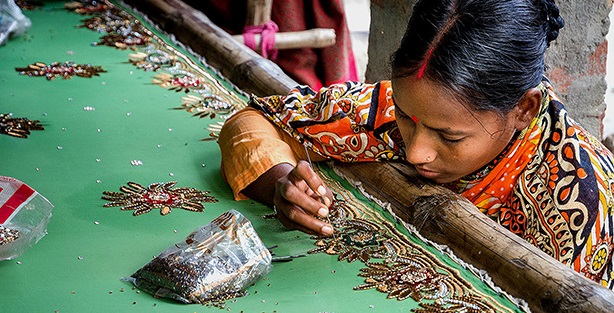
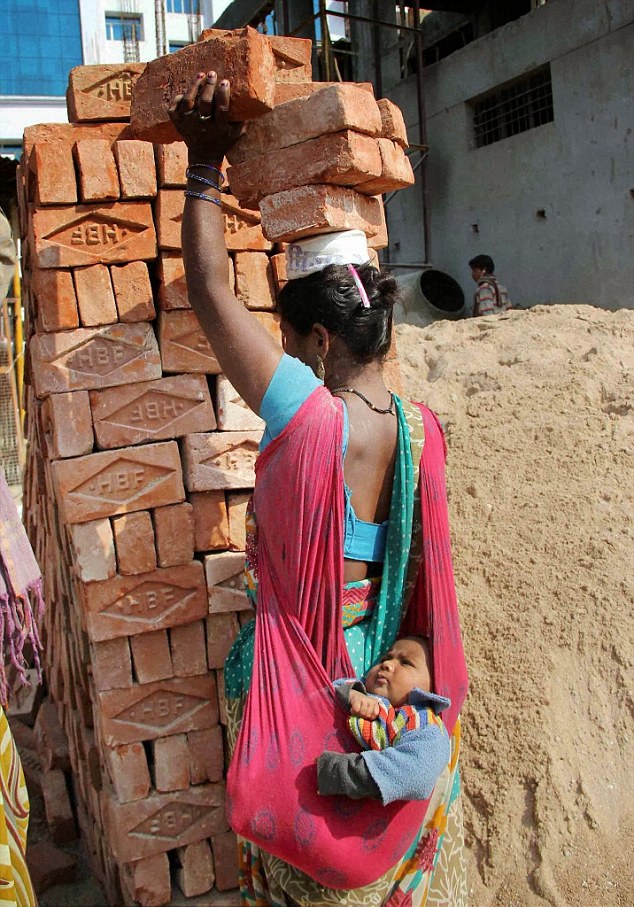
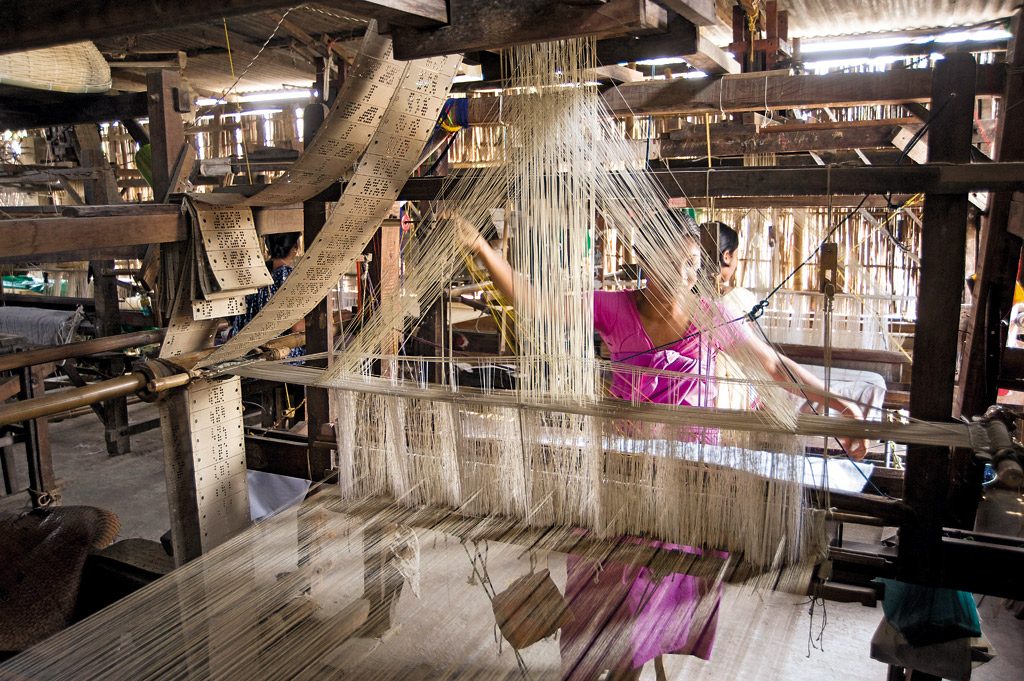
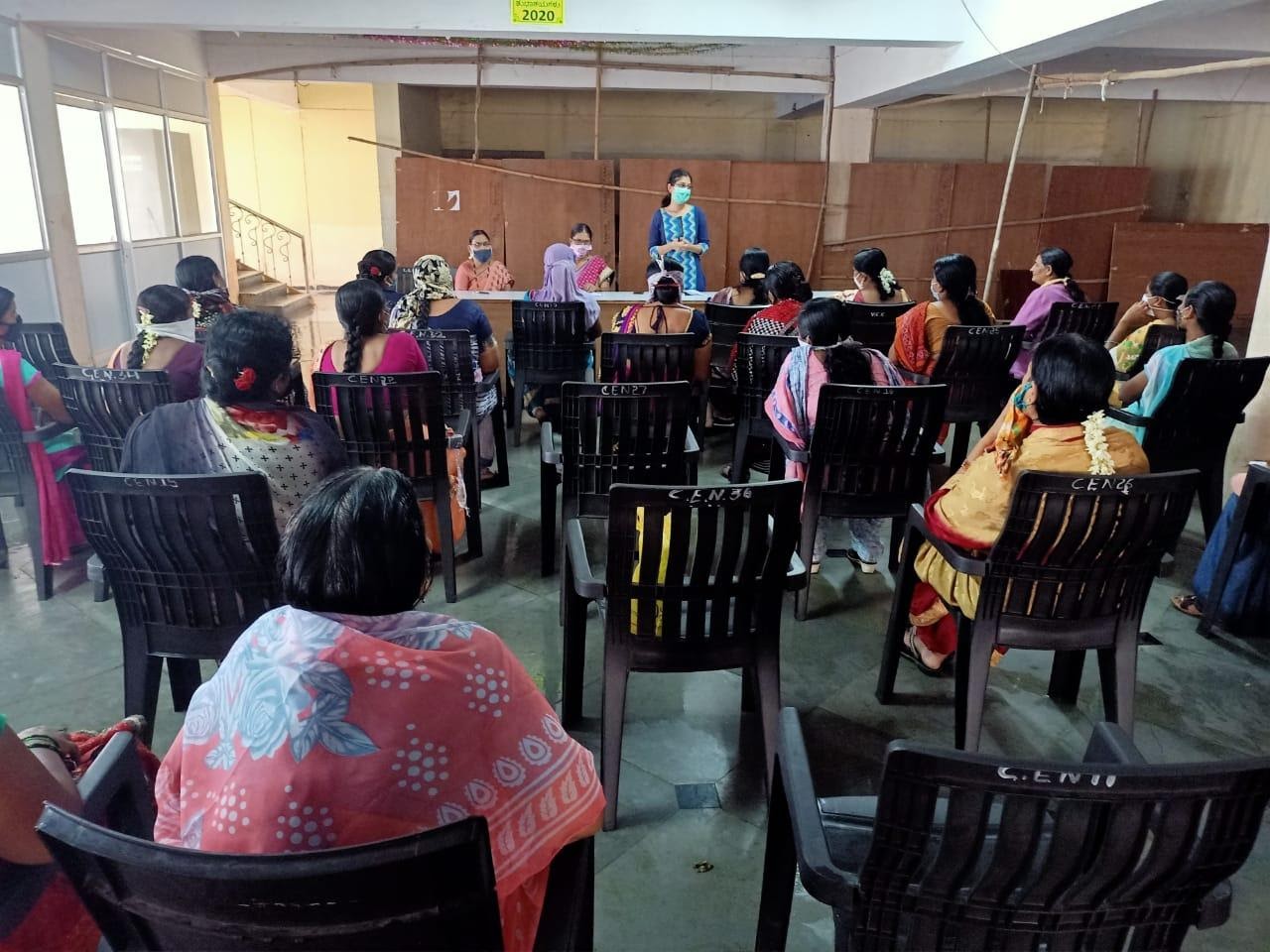
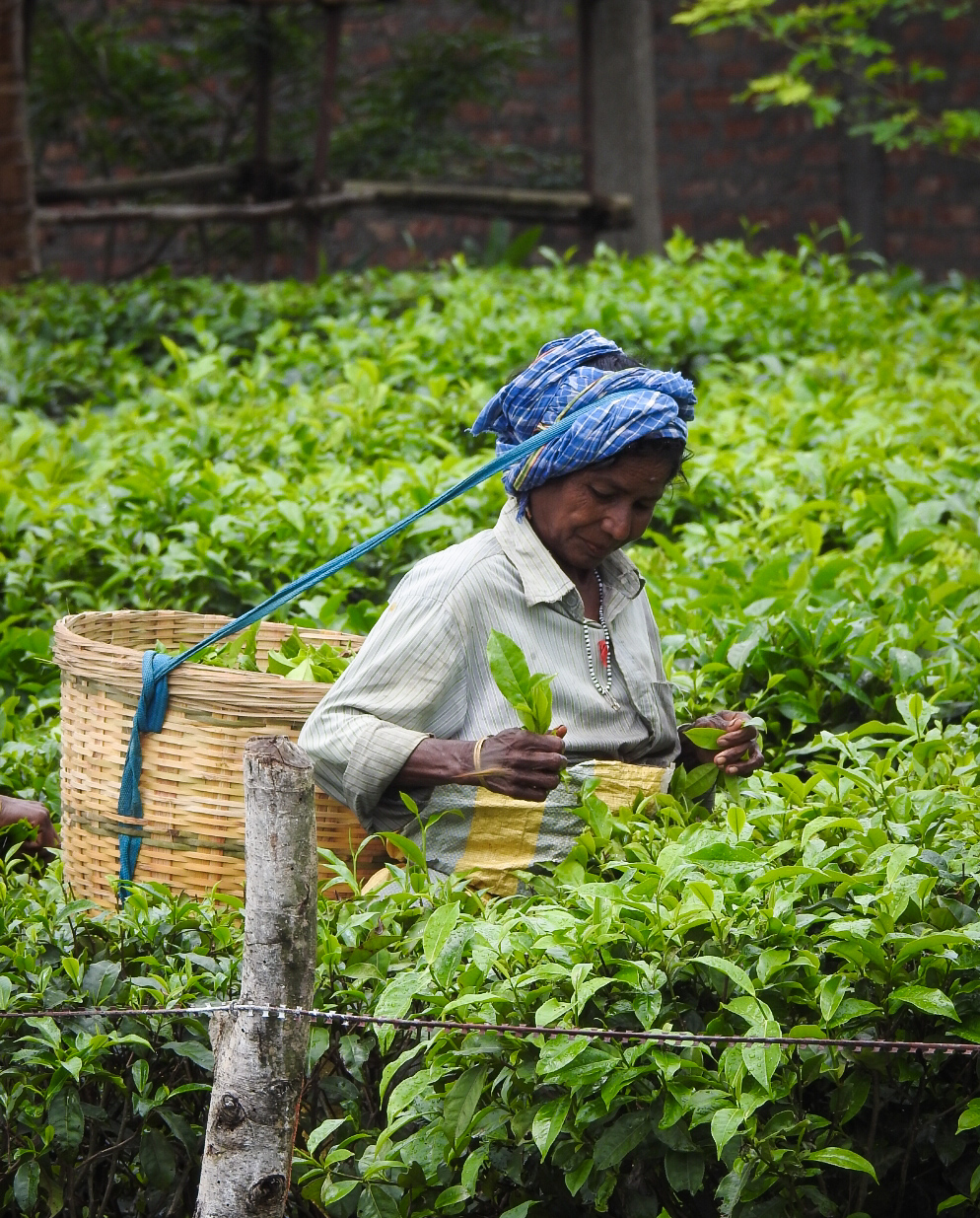

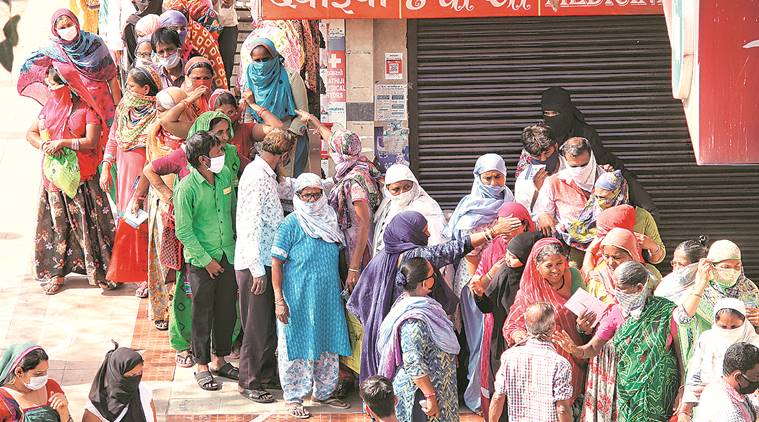

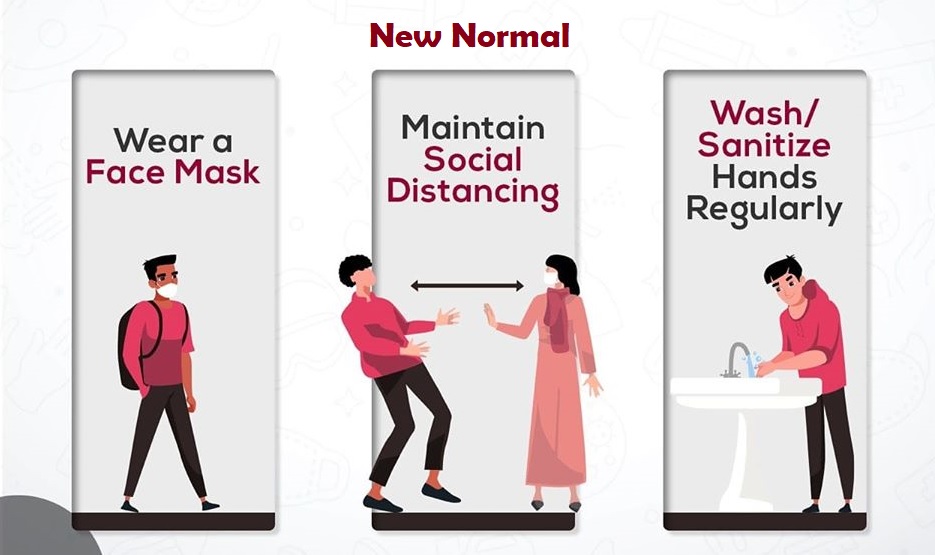


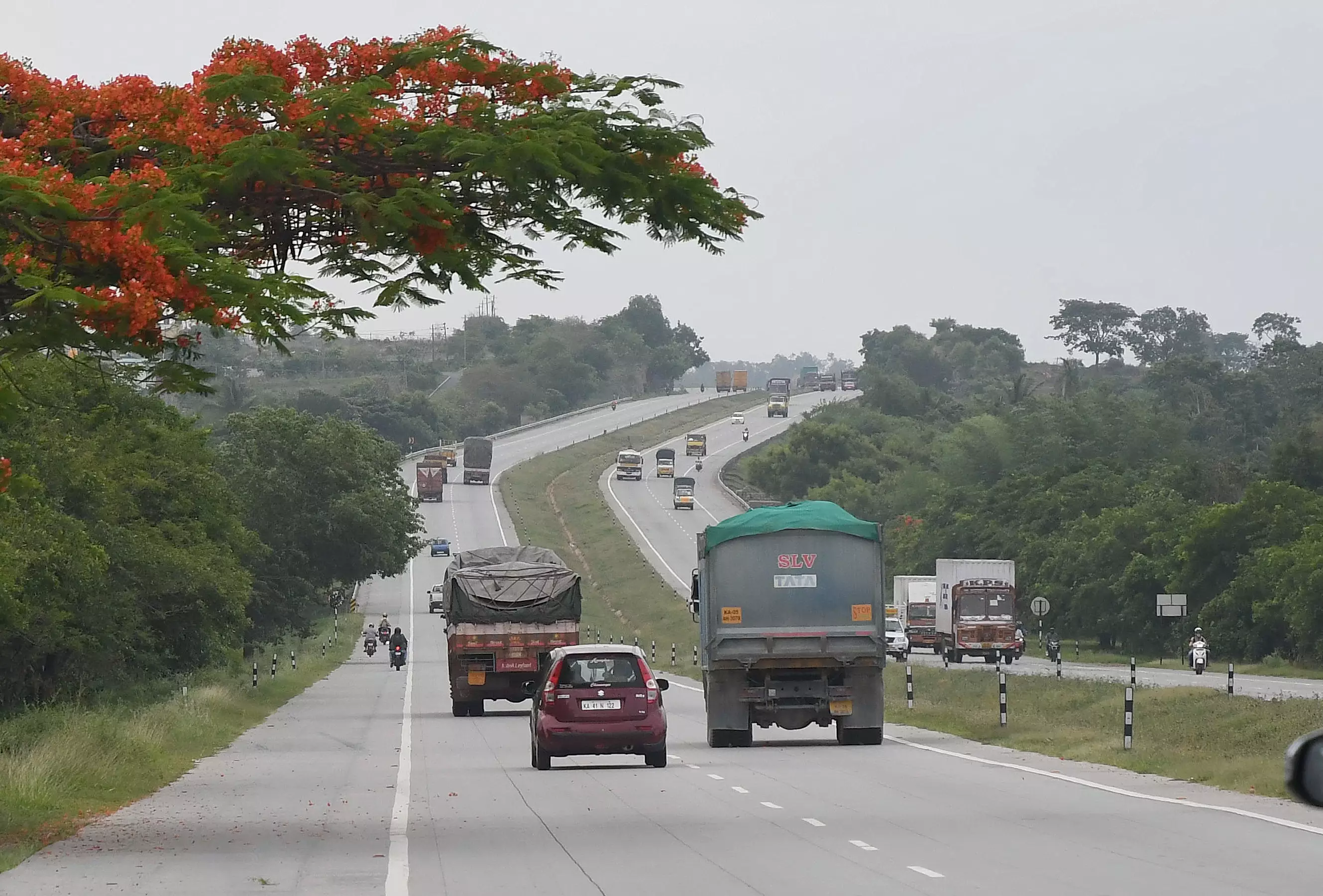
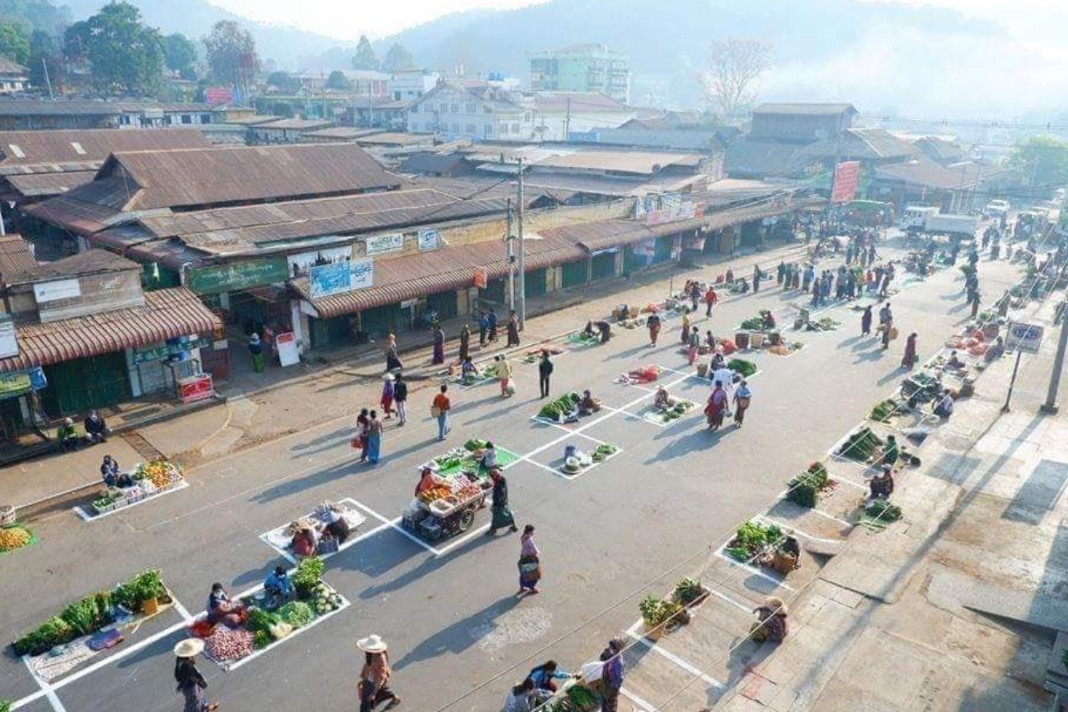
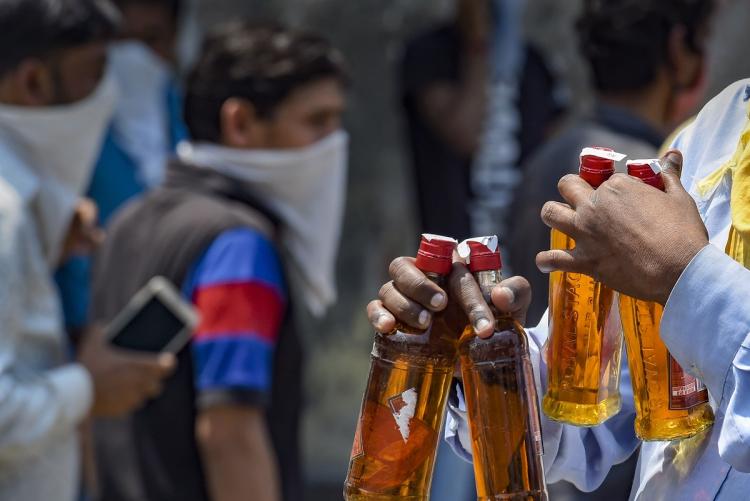
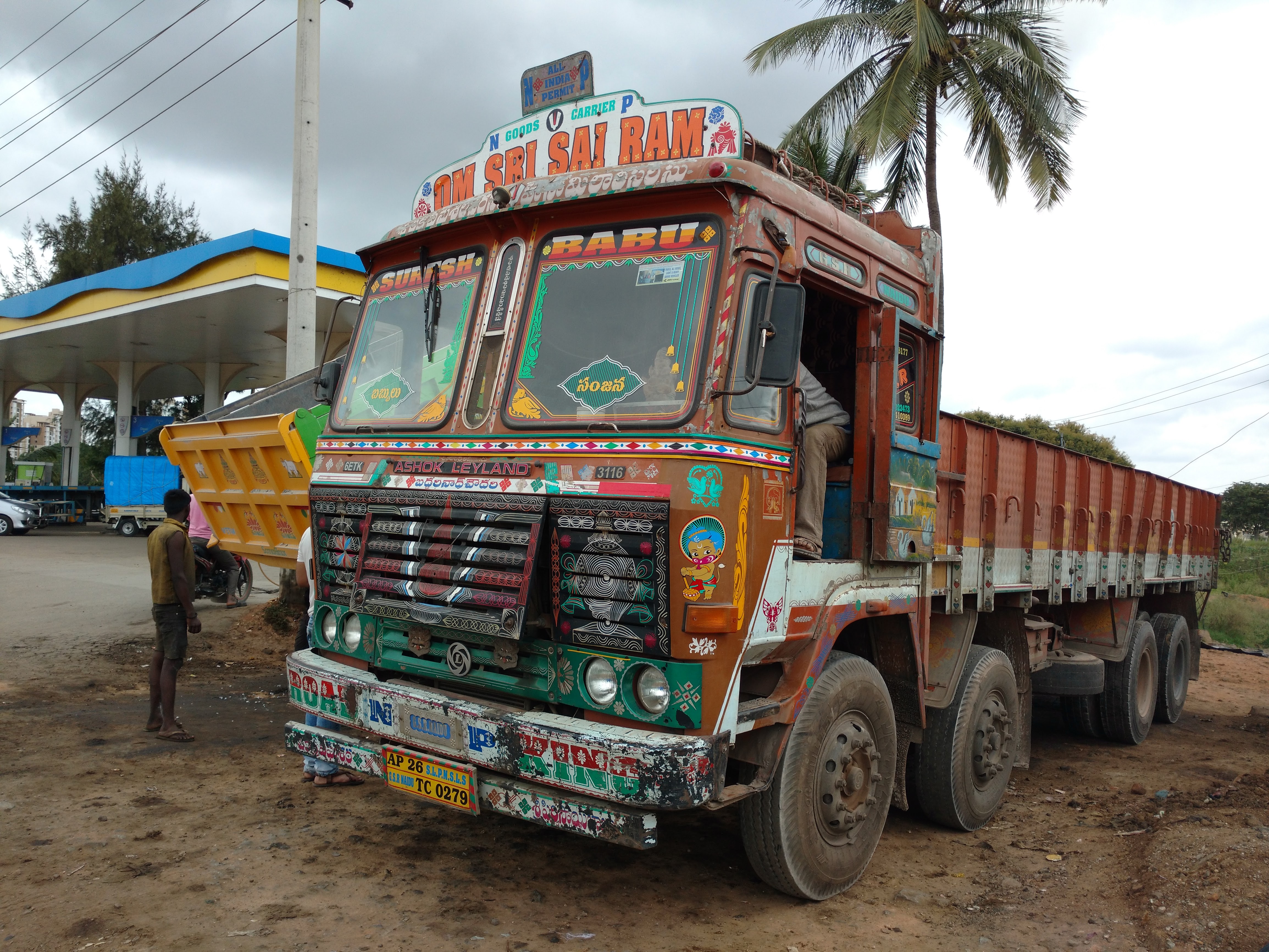
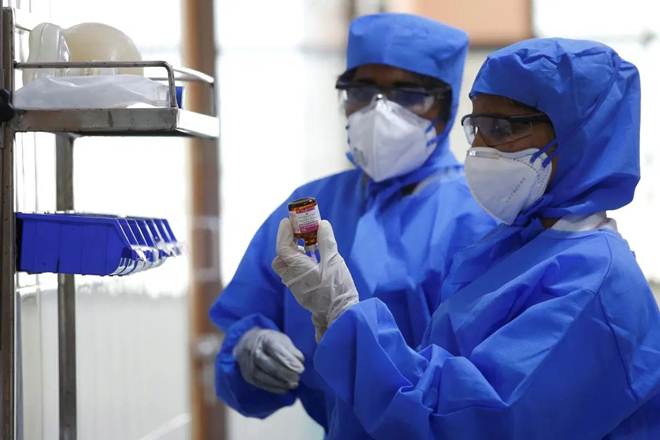
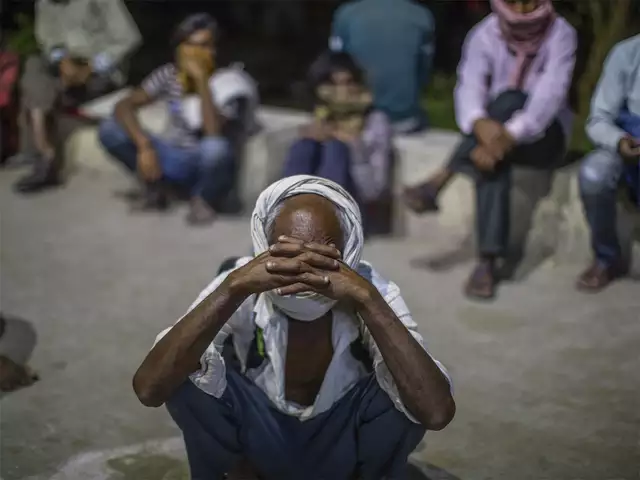
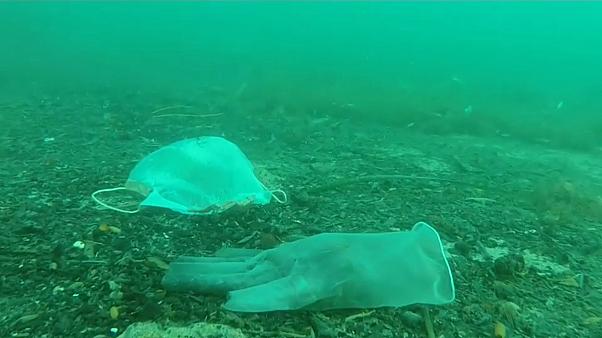
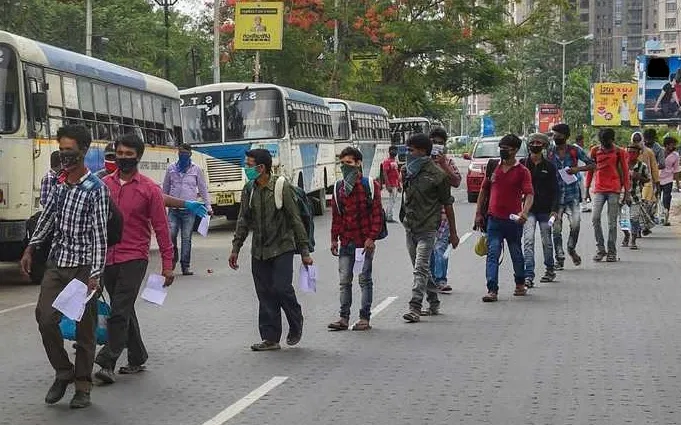



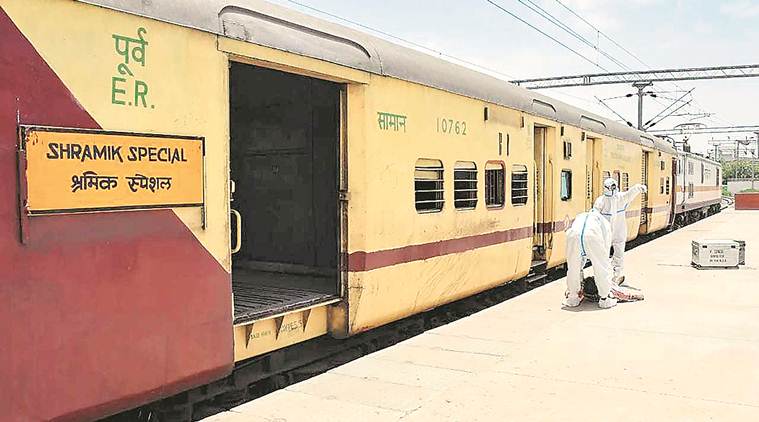

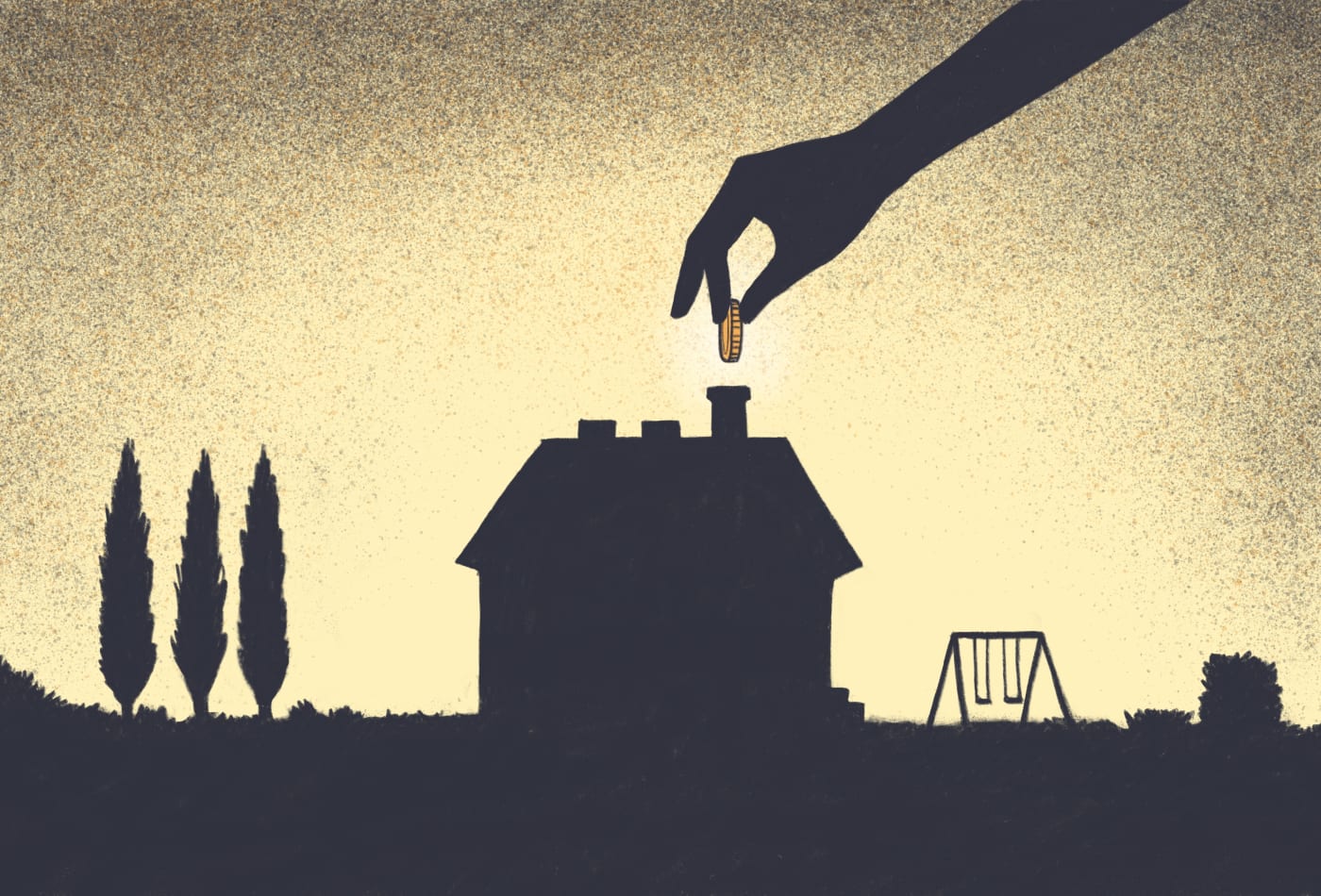

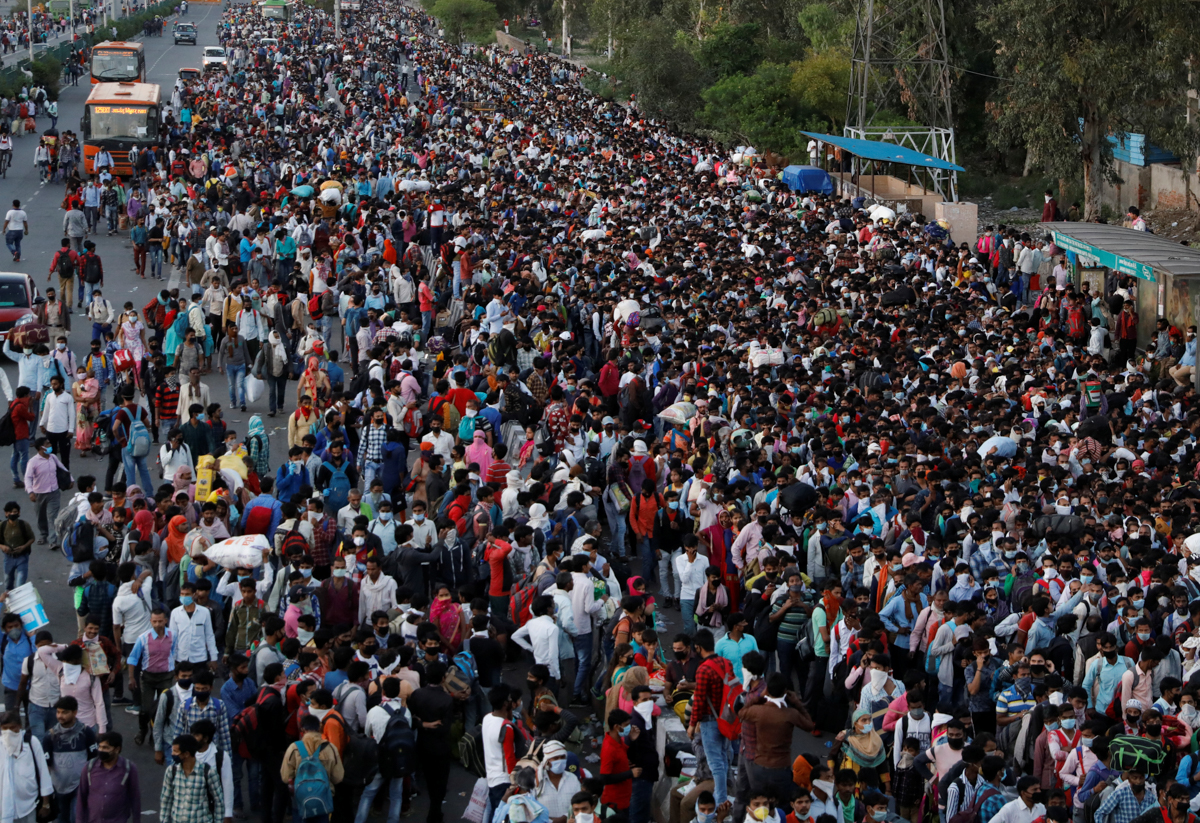
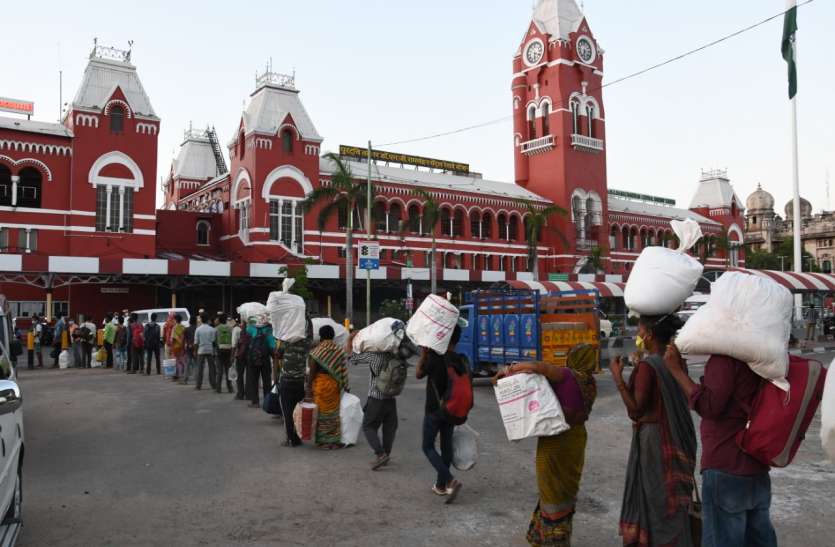
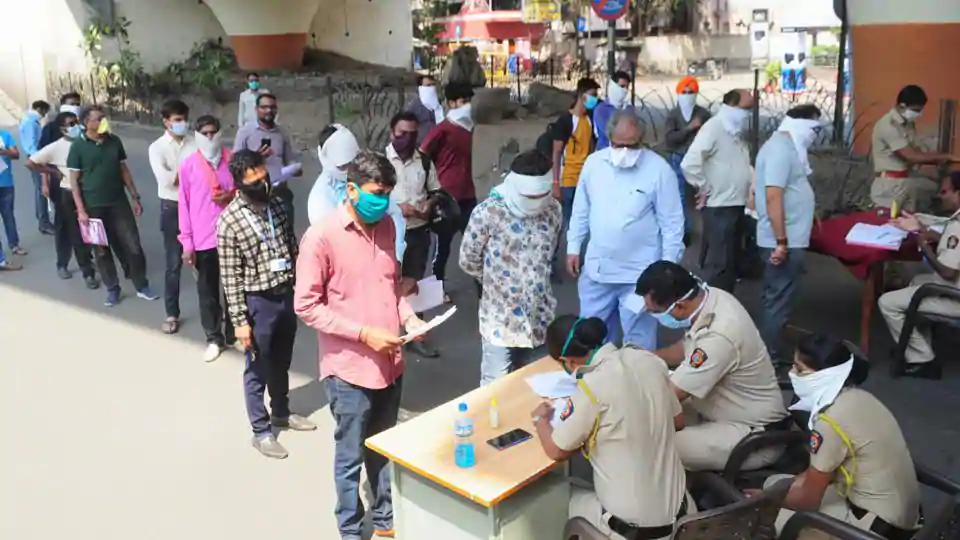
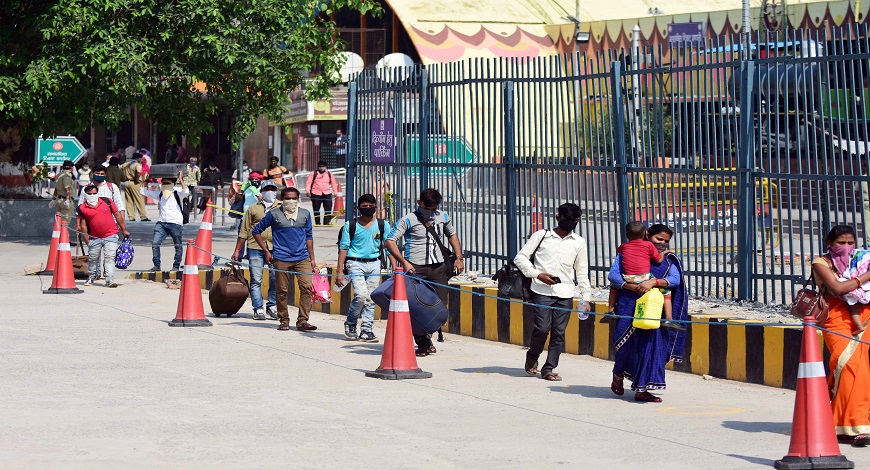
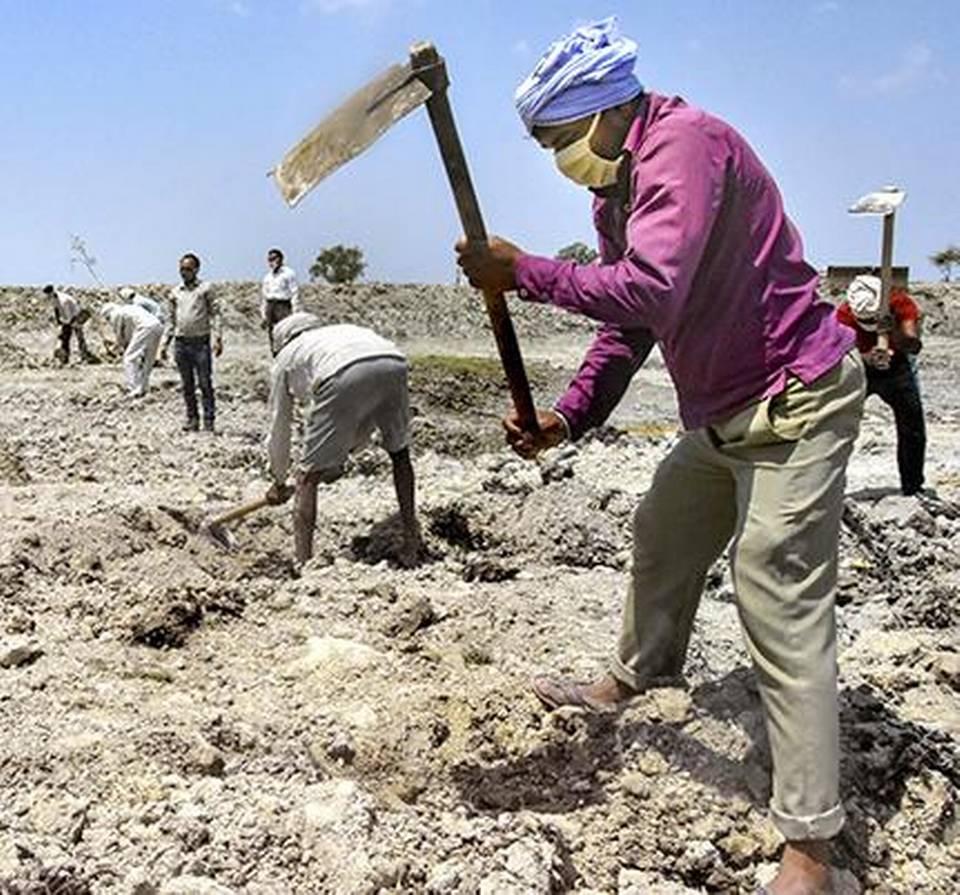
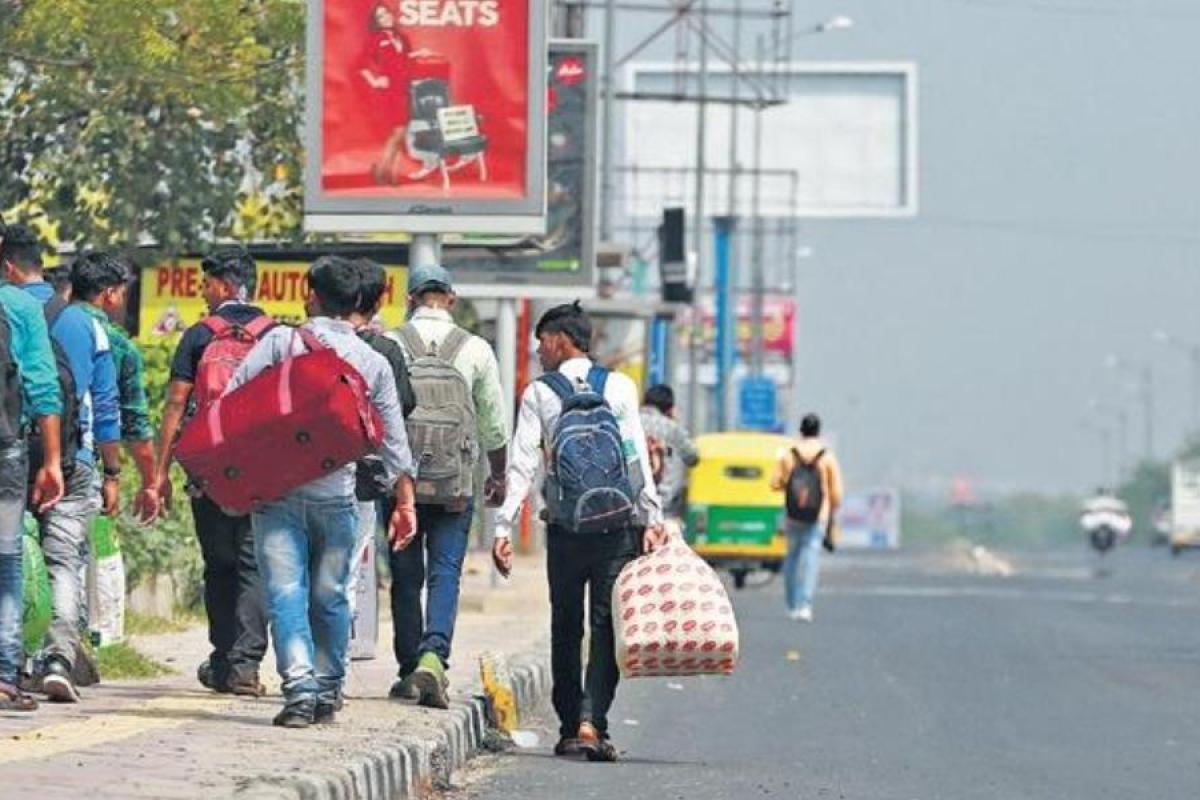
Rajeev Kumar
Eureka Sarkar